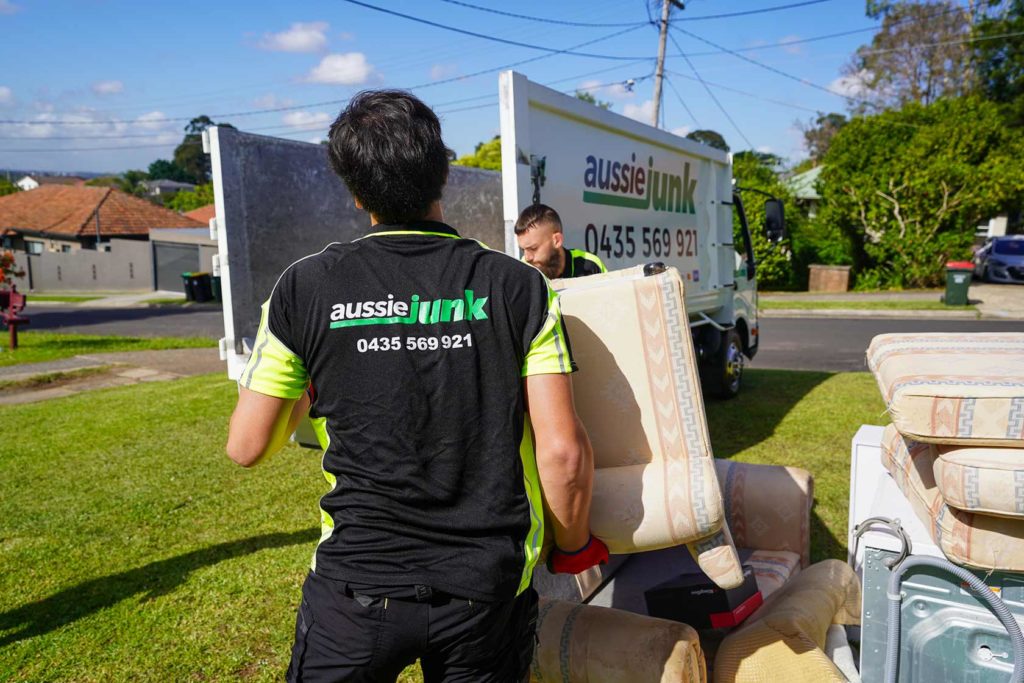What if I need this someday?
If you’ve asked this question to yourself countless times, even for items that don’t seem to have any value (perhaps, a comb without teeth?), then maybe hoarding has already taken over your life.
This becomes even more apparent when you take a quick scan of your home. See? You still have that moth-eaten dress granny gave you when you were 5. Even your old textbooks seem to obstruct every movement, making it difficult to perform chores.
It’s always nice to take a trip down memory lane, especially during these times where making memories is quite difficult. But, hoarding rubbish to experience this, do you more harm than good—mentally and physically.
But, what exactly is hoarding?
Defining Hoarding
Generally, hoarding is defined as the practice of collecting something. But, at the same time, it’s also a recognised mental health disorder wherein hoarding items that are deemed worthless by others becomes more of a compulsion than a rational choice.
In fact, it’s not as uncommon as it seems since around 2.5% of people have this disorder.
Some symptoms of hoarding are the following:
- Difficulty and severe anxiety in throwing away items
- Inability to organise possessions
- Embarrassment over possessions
- The constant fear of running out of an item
- Loss of living space
These evidently diminish the quality of life. Imagine being unable to invite guests over and having daily fights with your spouse because of all the clutter. That is surely undesirable.
Whether you’re already seeking professional help or still thinking if you should do a hoarding clean up, here are 8 specific ways how hoarding rubbish can damage your mental and physical health.
1. Anxiety
Hoarding is a bit tricky. You’re unable to let go of your possessions but there’s this awareness that you must. As a result, you’re also constantly assuming that people judge and talk about your odd habit.
2. Uncertainty
As rubbish pile up at home, there’ll be less available space for anything new. Then, the uncertainty and stress over where to put your things will eventually kick in.
3. Relationship issues
Hoarding also affects your loved ones.
It’s challenging to keep relationships with people when there’s so much rubbish at home. You’re too embarrassed to invite friends and lovers over, and your family suffers from the current living conditions.
Fights are likely to erupt as you become more possessive of items with no considerable value and become resentful as people suggest hoarding clean up.
Once they can no longer put up with your issues, friendships turn sour, marriage ends in divorce, and child custody is lost.
4. Building safety problems
Holding on to broken appliances for sentimental reasons results in unsafe living conditions. Without the necessary comforts, like a functional heating system, you’ll become vulnerable to diseases.
Apart from this, a cluttered home is also filled with bulky items that could block emergency exits and broken pieces, like glass shards, that might cause physical injuries.
5. Diminished air quality
Rubbish kept at home accumulates dust and produces unpleasant odours over time. Consequently, the air quality becomes less breathable and triggers respiratory problems, like asthma.
It’s even worse once organic rubbish starts decaying since gases like methane and ammonia are generated. Both of which compromise air quality and are toxic in large amounts.
6. Fungal growth
Apart from producing harmful gases, poor sanitation and hoarding of rubbish also encourage fungal growth, especially moulds and mildew.
This is particularly common in households having difficulty throwing away expired or spoiled food. As a result, moulds start to grow on the refrigerator and pantry shelves, making the house stinky and risky for immunocompromised individuals.
7. Pest infestation
More than microorganisms, what poses a more significant problem from the rotting wastes is the presence of vermin, such as rats and cockroaches. These are highly attracted to waste products and are potent carriers of diseases. Hence, compromising the health of everyone living in the house.
8. Fire hazards
According to NSW Fire and Rescue, 12% of house fires in NSW are people living in homes with hoarding and squalor conditions. Naturally, it’s difficult to put out the fire when hoarded rubbish continuously fuels it.
The occurrence of these mishaps indicates the severity of the problem.
Getting Help
Hoarding isn’t easy to solve. It takes time and adequate support. But, more importantly, it takes the willingness to seek help.
If you’re diagnosed with hoarding disorder or someone developing the odd habit of hoarding rubbish, doctors recommend Cognitive-behavioral therapy and the reinforcement of organisation and decision-making skills.
But, before all these treatments, you can start with hoarding clean up to welcome your fresh start. After all, you have reliable rubbish removalists, like Paul’s Rubbish Removal, to help you gradually regain a safe and stress-free life.


